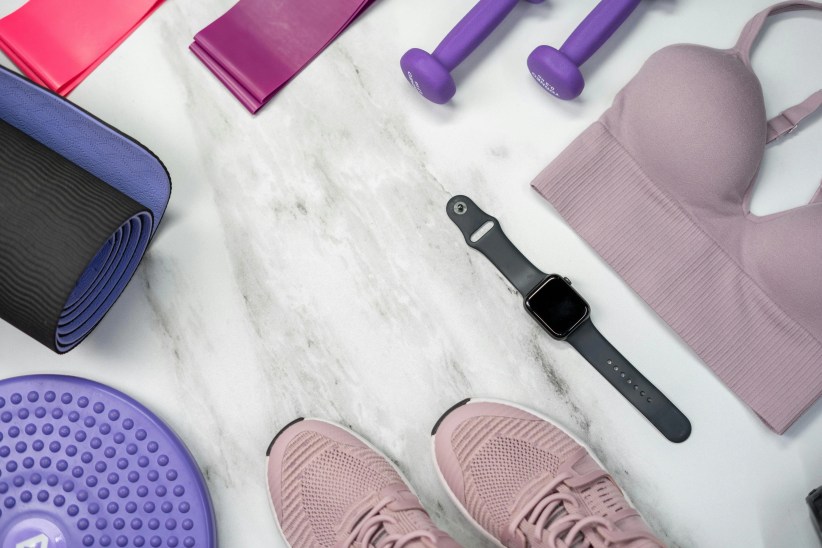Many people don’t take the time to really think about their bladder, but given the fact the average person makes over a liter of urine a day, urination is a huge part of our daily lives. When things go wrong, for example incontinence, or an over or under-active bladder, infections or painful bladder syndrome, bladder issues can have a huge impact on our quality of life. Read on for some important information about your bladder, how to identify an unhealthy bladder, and how to keep your bladder healthy, provided by Marissa Theofanides, M.D., Urologist at Crystal Run Healthcare.
What does it mean to have a healthy bladder?
Everyone is different and there is a great deal of variation from person to person when it comes to your bladder. In general, however, you should be going around every 3-4 hours and have clear urine that flows easily without pain or leakage.
What are some common signs that you may have a bladder problem?
-
Needing to go very frequently or a very intense sense of “I gotta go!”. These can be signs of an overactive bladder or a bladder that isn’t doing a great job at getting all of the urine out.
-
Never getting the sensation you need to go. This may be a sign of an under-active bladder or issues with the nerve signaling between your bladder and brain.
-
Foul smell, discoloration, cloudiness, or blood in the urine. Infections, kidney stones, urine abnormalities, and in rare cases certain cancers can cause changes in the urine’s appearance.
-
Frequent infection. This can be a sign of a structural, hormonal issue or habit issue.
-
Leaking urine. Stress incontinence and overactive bladder or a combination of both can cause involuntary leakage.
-
Having to wake up to urinate. Conditions like an enlarged prostate, overactive bladder and over production of urine can cause you to wake up several times a night.
-
Pain with bladder filling or emptying. Urination should never hurt, this may be a sign of infection, inflammation, or muscle spasm.
-
Having to push or strain to get the urine out. This can be a sign of urinary blockage or under-active bladder
What are things you can do at home to help keep your bladder healthy?
-
Don’t hold your urine for long periods of time, this can weaken your bladder with time, try and aim to go every 3-4 hours maximum.
-
Drink at least two liters of water a day (6-8 glasses).
-
Avoid caffeinated beverages such as coffee, tea, soda, or drinks that use artificial sweeteners.
-
Avoid alcohol, it acts not only as a bladder irritant but also makes you produce more urine which can worsen certain bladder conditions.
-
Avoid constipation, your bladder and colon are neighbors and if you’re having trouble with your bowel movements it may have a big effect on your bladder function as well.
-
Some people find that spicy foods, tomato based products, citrus and chocolate can make bladder symptoms worse, avoiding or minimizing these items can help with several bladder conditions.
-
Exercise can be very helpful, conditions like stress incontinence can be improved with exercises such a Kegel’s, other painful bladder conditions can be treated with more relaxing stretches, it’s always important to discuss with your doctor what’s best for your specific condition.
-
Try and avoid eating and drinking 2 hours before bed, it will help you get up less and have a better night’s sleep.
-
Maintain a healthy weight, carrying around a significant amount of extra weight can place pressure on your bladder causing you to go more frequently and have a greater sense of urgency.
What treatments are available for bladder issues?
It’s important to talk to your doctor and get to the bottom of what’s going on. They may do tests such as urine tests, an ultrasound of your bladder and kidneys, or, in some cases, specific tests to assess the function of the muscles and nerves of your bladder. There are many options depending on your issue to help manage symptoms including medications, office procedures, physical therapy, and, in certain cases, surgery. Again, every person is different and there are many different bladder conditions that can arise, so always check with your healthcare professional before starting any type of treatment.






















